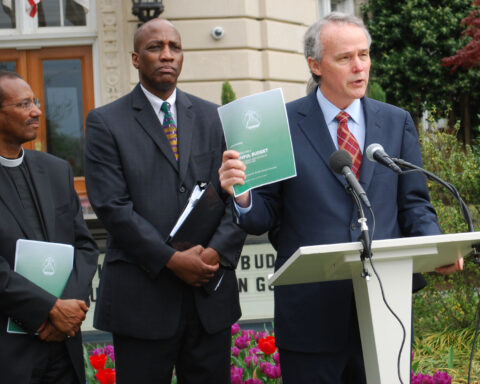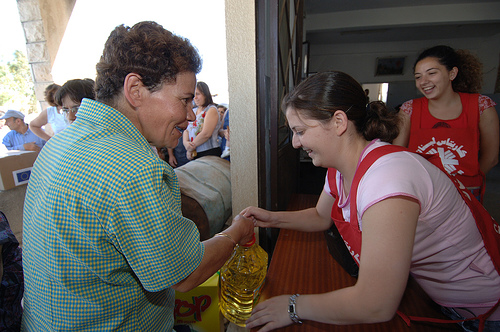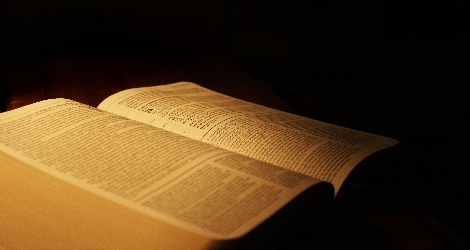 View article in PDF (optimal for printing)
View article in PDF (optimal for printing)
So then you are no longer strangers and aliens, but you are citizens with the saints and also members of the household of God—Ephesians 2:19
[wpcol_1half id=”” class=”” style=””]
Introduction
Economics has to do with the production and distribution of the goods necessary for the survival and flourishing of human beings. As a contemporary science it explores the institutions, practices, and virtues that contribute to these ends in modern life. Examining the etymology of the term, however, we discover an older and broader context. Economics, in its original meaning, was the nomos—the law—of the ecos—the household.
For most of human history, the production and distribution of goods took place within the patterns, institutions, and relationships of the family or clan. The economic questions people faced included whose household it was, who belonged to it, and what they were due. Today the economic questions are different because the institutional and cultural structures within which the production and distribution of goods take place are different. G.F.W. Hegel noted a transition in the West from a familial social order based upon established, hierarchical relationships of identity, belonging, and mutual responsibility to a civic social order based upon free and equal individuals negotiating their temporary and utilitarian relationships according to personal preference and mutual self-interest.[1] The questions about what is owed to whom and the obligations people have to one another are no longer built upon the settled, permanent, and particular relationships of family and clan, but upon voluntary, temporary, and negotiated relationships in the context of universal freedom and equality.
[/wpcol_1half] [wpcol_1half_end id=”” class=”” style=””]
No wonder, then, that an examination of biblical economics may seem quite foreign, even irrelevant. The economic world was profoundly different then. Nevertheless, a study of the economic world of the Bible can assist contemporary Christians as they try to understand what faithfulness to God demands in the midst of the modern, global economy. Economic practices, institutions, and virtues no longer belong to the sphere of the household. Nonetheless, economic life, like all of life, takes place within the ultimate context of the Divine ordering of existence—the household of God. In other words, our economic lives are still established upon a fundamental set of non-negotiable obligations to, and enduring relationships with, God and one another.
I do not propose a simple return to the familial patterns of economic life described in scripture. Nor do I embrace a merely negative view of contemporary economic practices, institutions, and values. Rather, I offer a scriptural worldview that, in its own time, critically engaged the economic order and, even now, provides some guidance concerning how today’s Christians might do the same. The fundamental questions and categories of today’s economy are not new: freedom and law; equality and inequality; dependence, independence, and interdependence; and wealth and poverty. These themes find their biblical home within the symbol of covenant and provide, thereby, the possibility for critical engagement with a contemporary economic worldview associated with the symbol of contract.
[/wpcol_1half_end]





Unbound Social